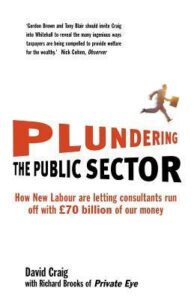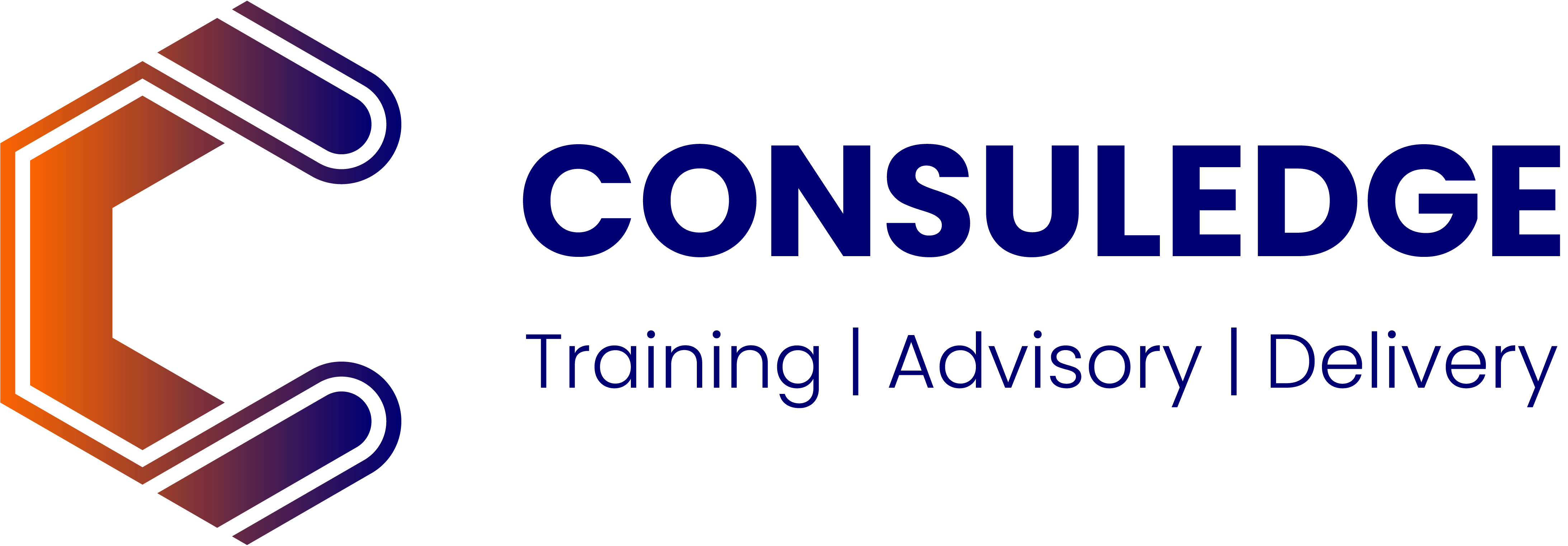Big Consulting has embedded itself in government decision-making: it persuades officials that its high-priced advice is indispensable, its strategies are superior, and its presence is necessary. In reality, these firms don’t innovate, don’t empower, and don’t leave.
David Craig’s Plundering the Public Sector exposed how consultants drained £70 billion from UK taxpayers while adding little real value. Australia is following the same path—but it doesn’t have to.

Governments must rethink who they trust with their future: challengers—lean, independent consultancies—offer sharper strategies, fairer pricing, and greater accountability.
The Public Sector’s Costly Dependence on Big Consulting
Governments once relied on public servants for expertise. Now, they outsource policy work, outsource accountability, and outsource decision-making to consulting giants—often with disastrous results.
The PwC Tax Scandal (2023): PwC misused confidential tax policy data from government contracts to help corporations sidestep tax reforms, sidestep oversight, and sidestep ethical responsibility—a blatant betrayal of public trust.
- The Robodebt Disaster: Consultants helped design an automated debt-recovery system that falsely accused Australians of owing money. The result? Lawsuits that cost billions, errors that destroyed lives, and policies that failed.
- Infrastructure Black Holes: Sydney’s WestConnex and Melbourne’s Metro Tunnel exceeded budgets by billions, driven by costly consultants, fueled by poor oversight, and sustained by bureaucratic inertia.
- NDIS Spending on Advisory Firms: Instead of funding disability services, millions flow into Big Consulting, millions are lost in inefficiencies, and millions could have been better spent elsewhere.
If consultants create efficiencies, why do costs keep spiraling?
Big Consulting doesn’t reduce waste—it multiplies it.
The Alternative: Why Challengers Offer a Smarter Solution
Governments don’t have to keep feeding Big Consulting generic contracts. Challengers—independent, agile consultancies—deliver solutions that are sharper, smarter, and stronger.
- We innovate, they recycle: While Big Consulting repackages generic frameworks, repurposes old ideas, and repaints old models, challengers design solutions tailored to government needs.
- We work with your team, they replace them: Instead of embedding permanently, challengers train public servants, challengers empower government leaders, and challengers ensure long-term independence.
- We deliver value, they inflate costs: Challengers work lean, challengers charge fair, and challengers provide real impact—offering cost-effective, high-value solutions.
- We ensure accountability, they hide behind complexity: Unlike Big Consulting, challengers provide clear performance tracking, measurable success, and full transparency.
If the goal is smarter public spending, then challengers should be the first choice, not an afterthought.
Breaking Free: Why Governments Must Ditch the Big Consulting Playbook
Big Consulting doesn’t just cost money—it costs independence. The more governments rely on external firms, the less public servants develop expertise, the less governments control their own policies, and the less the public benefits.
- Big Consulting thrives on dependency: Their model isn’t built on efficiency—it’s built on reliance, on repeat contracts, and on never truly solving problems.
- Big Consulting profits from inefficiency: The more they’re called in to “fix” problems, the more they bill for new engagements, the more they profit from failure.
- Challengers offer a better way: We focus on sustainable solutions that last beyond the contract, that empower the public sector, and that ensure governments retain control over their own strategies.
Real innovation in public sector consulting isn’t coming from legacy firms—it’s driven by challengers who prioritize agility, accountability, and real outcomes.
What’s the Next Step? A Smarter Approach to Public Sector Spending
The PwC scandal and growing public frustration prove that governments must rethink their consulting partnerships. That means:
- Shifting budgets away from legacy firms and investing in challenger consultancies who deliver real expertise, fair pricing, and long-term impact.
- Breaking the cycle of dependency by building internal public sector capability, upskilling government employees, and ensuring long-term self-sufficiency.
- Enforcing accountability mechanisms—so consultants must prove their impact, must justify their fees, and must deliver measurable results.
- Prioritizing value over brand names—recognizing that small, independent consultancies often deliver better solutions, clearer insights, and greater efficiency.
Governments will always need external expertise, but who they choose to work with matters.
Conclusion: Stop Wasting Public Money—Support the Challengers Instead
David Craig’s Plundering the Public Sector made it clear: consulting firms don’t just waste money—they weaken government itself. Australia has a choice:
Continue cost overruns, generic solutions, and consultant dependency.
Partner with challenger firms for real value, smart spending, and long-term government capability.
- The old way of outsourcing is broken. The smarter way? Work with firms that prioritize results over billable hours, impact over PowerPoints, and solutions over excuses.
- Should Australia rethink its consulting strategy?
Read more :
The Great CRM Tragedy: The Filing Cabinet That Thinks It’s a Solution








